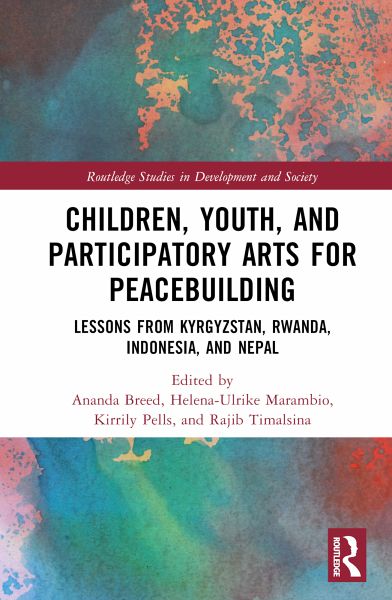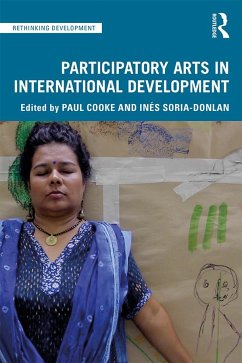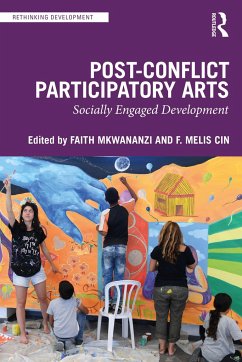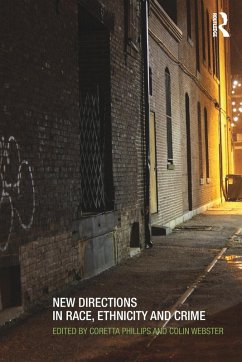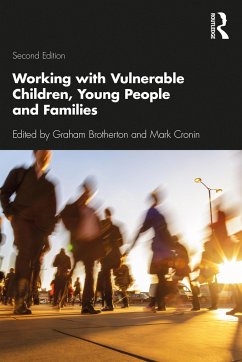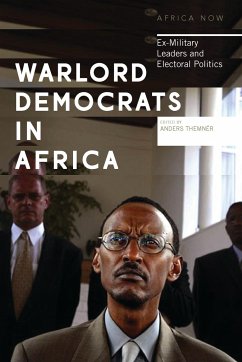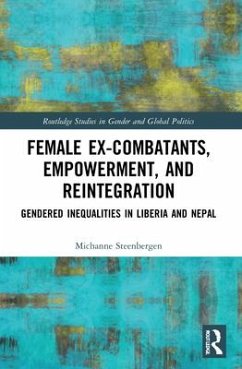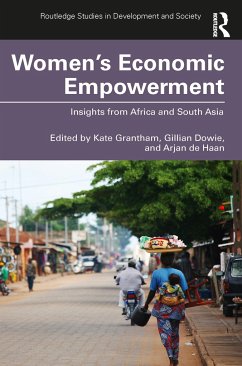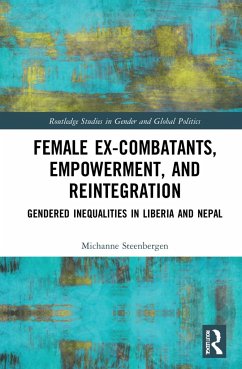Ananda Breed is Professor of Theatre and Director of Research in the School of Creative Arts and Principal Investigator of AHRC GCRF project Mobile Arts for Peace (MAP): Informing the National Curriculum and Youth Policy for Peacebuilding in Kyrgyzstan, Rwanda, Indonesia and Nepal and UKRI GCRF Newton Fund project MAP at Home: Online Psychosocial Support Through the Arts in Rwanda. She has authored several books and articles on transitional justice, civic engagement, applied performance, and peace and conflict studies. Ananda served as a consultant for UNICEF, IREX, ICRW, Contact Theatre, and the British Museum among other NGOs, IOs, and cultural organisations. Helena-Ulrike Marambio worked with MAP as a Post-Doctoral Research Associate (PDRA) from 2020 to 2022 after passing her viva at the Human Rights Centre/Essex Law School (University of Essex, UK). Her socio-legal research focuses on disadvantaged groups in conflict-affected countries, particularly disabled women, children, and young people. She is currently Post-Doctoral Researcher at the Institute for Legal Gender Studies, Johannes Kepler Universität (JKU), Austria. Kirrily Pells is Associate Professor of Childhood at the Social Research Institute, University College London (UCL), UK. Her research focuses on memories in childhood and intergenerational relations in Rwanda; the use of arts-based approaches with children and youth in Indonesia, Nepal, Rwanda, and Kyrgyzstan; and the interactions between structural, symbolic, and interpersonal violence in the lives of children and youth. She is a co-investigator on the MAP study. Rajib Timalsina is Assistant Professor of Conflict, Peace and Development Studies at Tribhuvan University, Nepal. He teaches social research methodologies, peace research, and peace education. Rajib is also the country leader for a citizen-led assessment called Annual Status of Education Report in Nepal (ASER Nepal) and a member of the People's Action for Learning Network (PAL Network). He is the Co-Secretary General of the Asia-Pacific Peace Research Association (APPRA).
